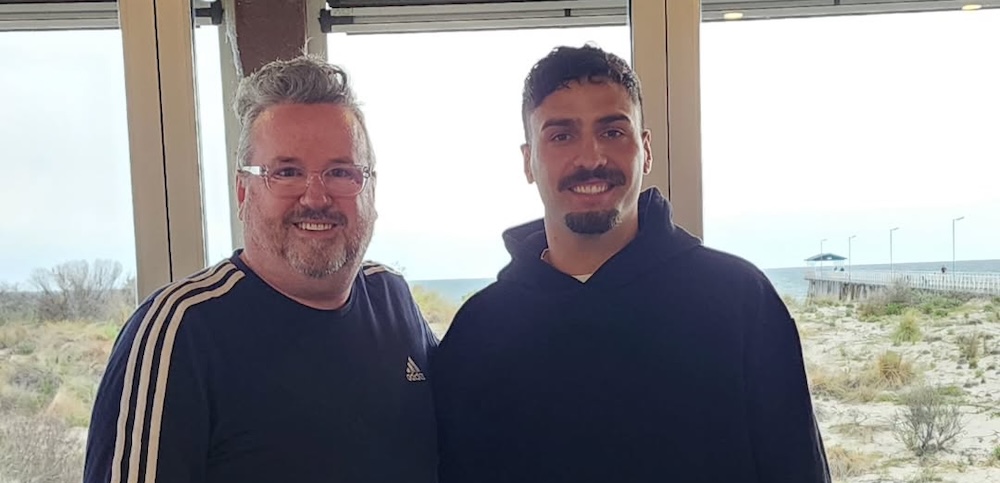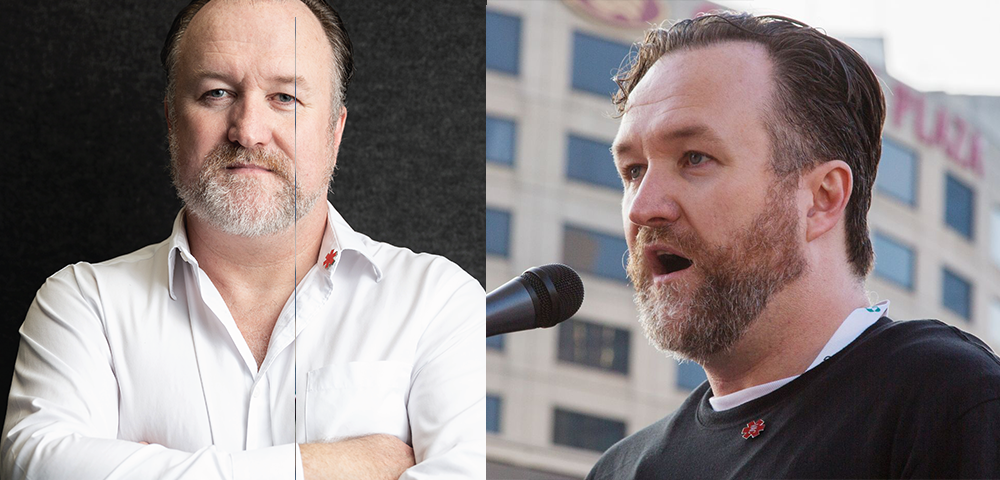
Push for HIV law clarity
The Victorian AIDS Council/Gay Men’s Health Centre (VAC/GHMC) will push for new prosecution guidelines in Victoria when criminal charges are brought against people accused of exposing, or transmitting, HIV to another person.
The VAC/GMHC is set to meet with the Office of Public Prosecutions Victoria next month to discuss establishing clear protocols about when charges should, or can be, pursued.
VAC/GMHC board president Michael Williams told the Star Observer having clear guidelines in place would help to allay some of the uncertainty about where the law stands when someone is accused of exposing or transmitting HIV to another person.
“In a lot of cases … there’s no reason why it’s in the public interest, necessarily, that a prosecution go forward,” he said.
“It might do more damage than good.
“Having guidelines will help the sector have confidence in knowing the basis upon which a prosecution will go forward and open up that process to more transparency.”
Victoria has the highest number of criminal trials in Australia of people accused of exposing, or transmitting, HIV to another person.
Research commissioned by the Australian Federation of AIDS Organisations (AFAO) shows around 15 HIV-related prosecution cases to date have been in Victoria, making up half of the total number Australia-wide.
The high-profile case of Victorian man Michael Neal triggered much discussion around the pursuit of criminal charges in HIV-related cases.
A briefing paper — reviewed by Williams — on the case, and subsequent appeal, has recently been published on AFAO’s website.
Neal was sentenced in 2009 to a minimum 14 years imprisonment on a range of charges including attempting to cause another person to be infected with HIV.
However, in June this year, an appeal against his conviction and sentence was upheld by Victoria’s Court of Appeal after the court found the trial judge had erred in some of his directions to the jury. Three convictions of reckless conduct endangering a person were overturned.
Williams said the appeal decision has important ramifications.
“From our perspective it does provide useful clarity. We can say to people this is what the law is and these are the circumstances the law will recognise that a crime’s been committed,” he said.
“But our messages have always been pretty consistent around safe sex and we know that, overwhelmingly, people with HIV do take the appropriate precautions.”
AFAO executive director Rob Lake said it’s important that clear guidelines on when criminal charges are pursued are in place across Australia.
“When someone complains to the police there are understood to be protocols in place so they would get in touch with the public health [department] and start talking with them,” Lake told the Star Observer.
“But it doesn’t always work like that and sometimes health [departments] might find out through the same media an organisation like us might find out about [a case].
“We’re really trying to work with the government and prosecutors to balance the needs of the community, the needs of people.”










well done, shouldve been implemented long time ago!